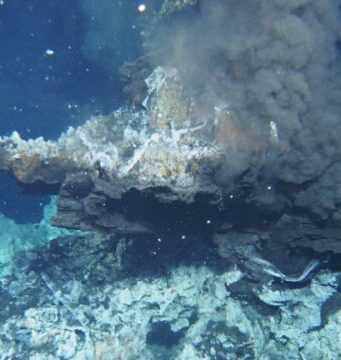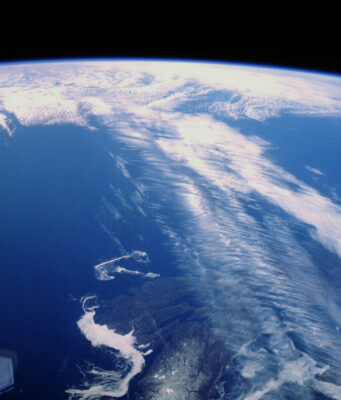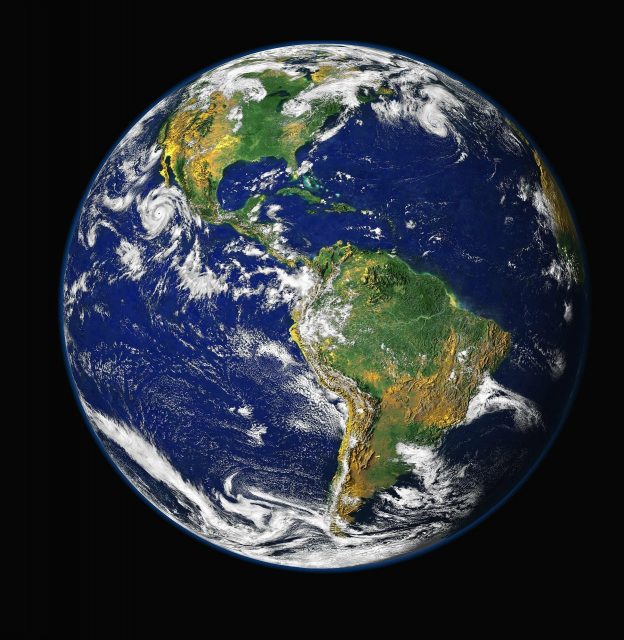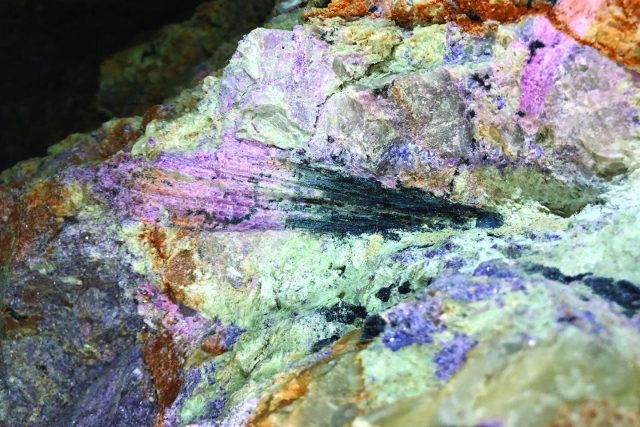A pioneering technique that captures precisely how mountains bend to the will of raindrops has helped to solve a long-standing scientific enigma.
The dramatic effect rainfall has on the evolution of mountainous landscapes is widely debated among geologists, but new...
A new study coordinated by CU Boulder makes clear the extraordinary speed and scale of increases in energy use, economic productivity and global population that have pushed the Earth towards a new geological epoch, known as the Anthropocene. Distinct...
A peer-reviewed study by scientists at the Environmental Working Group estimates that more than 200 million Americans could have the toxic fluorinated chemicals known as PFAS in their drinking water at a concentration of 1 part per trillion, or...
As climate warming stokes longer fire seasons and more severe fires in the North American boreal forest, being able to calculate how much carbon each fire burns grows more urgent. New research led by Northern Arizona University and published...
Rome wasn't built in a day, but some of Earth's finest gemstones were, according to new research from Rice University.
Aquamarine, emerald, garnet, zircon and topaz are but a few of the crystalline minerals found mostly in pegmatites, veinlike formations...
Repeated catastrophic ice discharges from western North America into the North Pacific contributed to, and perhaps triggered, hemispheric-scale changes in the Earth's climate during the last ice age, new research published online today in Science reveals.
The discovery provides new insight into...
In 431 CE, 1590 years ago, the Maya civilization was laid waste as the Ilopango volcano erupted, killing every living thing within 40 km around the volcano, according to a new study carried out by an international team of...
Researchers have shown that over the past two thousand years, volcanoes have played a larger role in natural temperature variability than previously thought, and their climatic effects may have contributed to past societal and economic change.
The researchers, led by...
ely explain the reasons for this, because they were mostly focusing on atmospheric processes. Now, experts at the AWI have solved the puzzle: the alarming expansion of the tropics is not caused by processes in the atmosphere, but quite...
As harmful atmospheric carbon dioxide levels continue to increase, understanding the planet's carbon balance is increasingly important.
A new report by U.S. National Science Foundation-funded ecologists at Arizona State University has quantified the global soil carbon sequestered by roots and...
USDA Forest Service scientists have published an in-depth study on the value of tree planting as a means of offsetting carbon emissions in the United States. An analysis based on publicly available data from more than 130,000 forested plots...


















